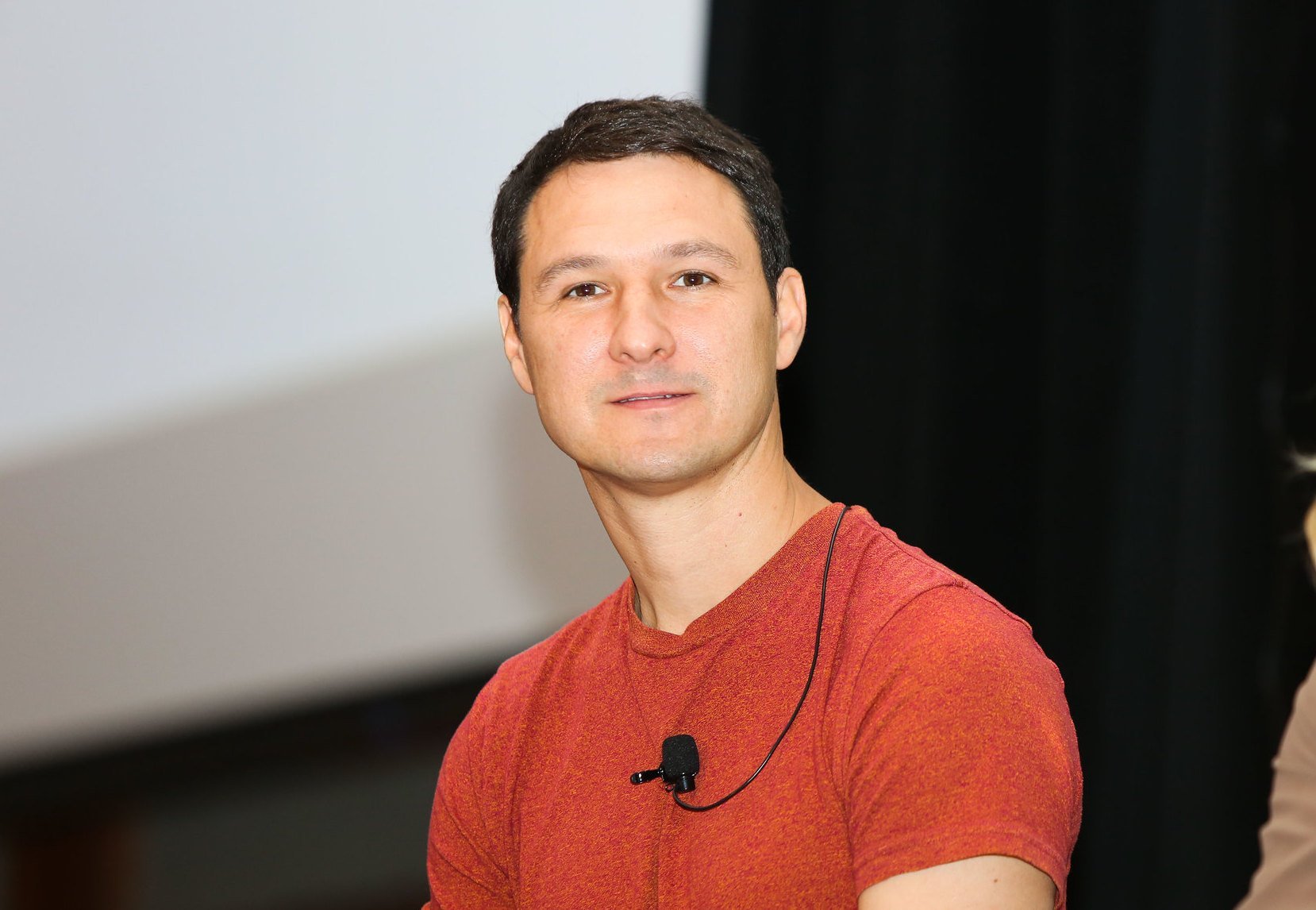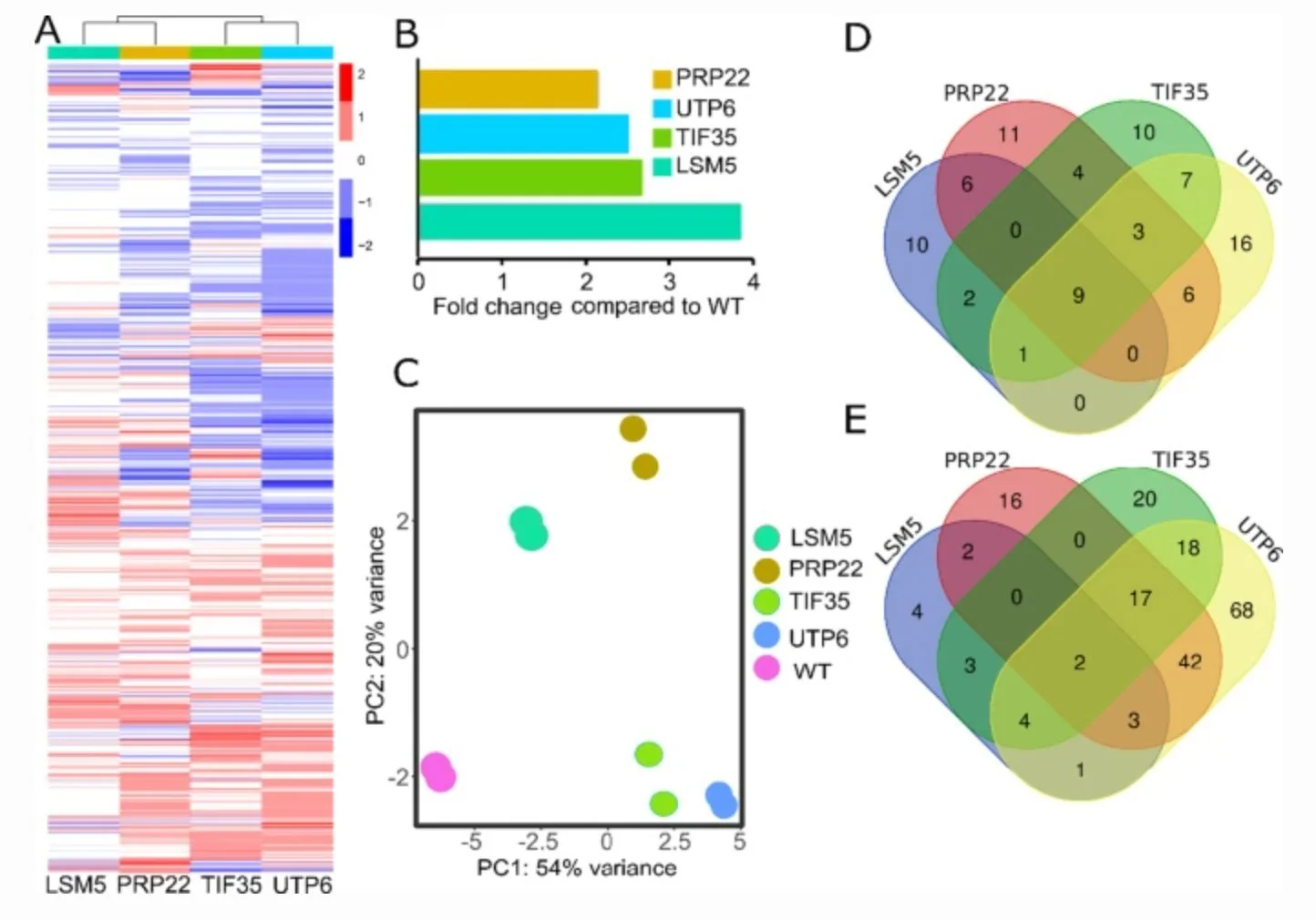
Bold longevity research. Fast.
34M USD deployed for aging science and clinical trials
~1% of donations spent on overhead
3 weeks average time from submission to decision
Impetus Grants provides funding for scientists to start working on what they consider the most important problems in aging biology, without delay. Such work should not be held up by red tape: we offer grants of up to $500k, with decisions made within 3 weeks. Our review process asks "what's the potential for impact" rather than "could this go wrong".
Our goal is to have a broad impact on the field, by supporting projects that challenge assumptions, develop new tools and methodologies, discover new ways to reverse aging processes, and/or synthesize isolated manifestations of aging into a systemic perspective. To ensure that we learn from every project, we’re organizing a special issue of GeroScience to provide an opportunity to publish both positive and negative results from funded studies.
Round 3 is now closed.
Highlights: Impetus-funded projects
People behind Impetus Grants
-

Lada Nuzhna
Program director
-

Dr Martin Borch Jensen
Conceived of the program. Founder of Gordian.
-

Juan Benet
Founding donor. Founder of Protocol Labs.
-

Robert Rosenkranz
Donor. Chairman of Delphi Capital Management.
-

Hevolution Foundation
Donor
-

Dr Adam Freund
Core reviewer
Founder of Arda Therapeutics
Ex-Calico
-

Dr Matt Kaeberlein
Core reviewer
Founder of Ora Biomedical, Dog Aging Project
Professor at University of Washington
-

Vitalik Buterin
Donor. Creator of Ethereum.
-

Fred Ehrsam
Donor. Founder of Coinbase.
-

Michael Antonov
Donor. Founder of Oculus VR and Formic Ventures.
-

James Fickel
Donor. Longevity investor and philantropist.
-

Jed McCaleb
Donor. Founder of startups Vast, Stellar, and Ripple.
-

Karl Pfleger
Donor. Longevity investor and philanthropist.
-
Molly Mackinlay
Donor.
-
Feruell
Donor












